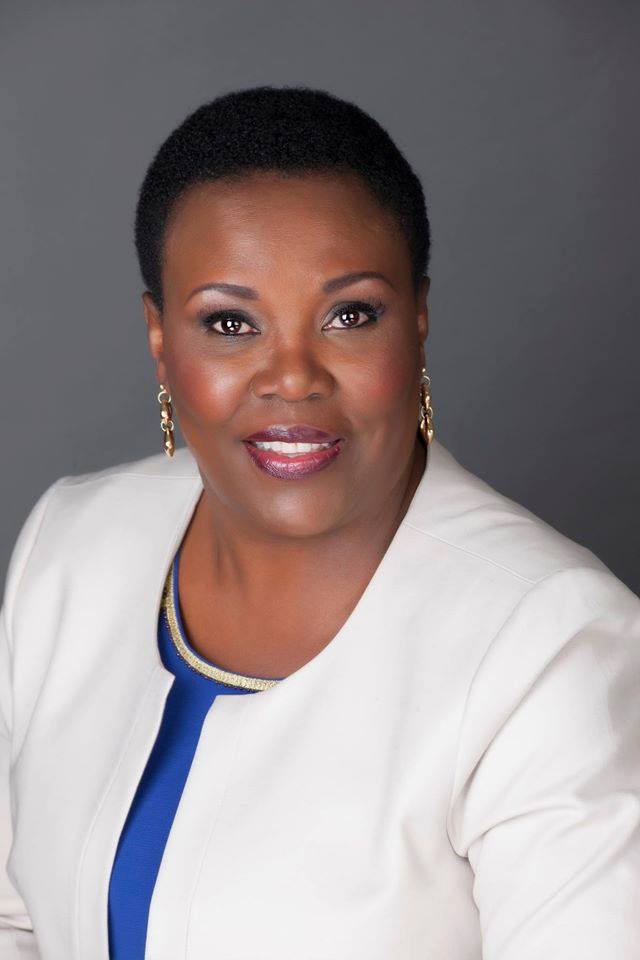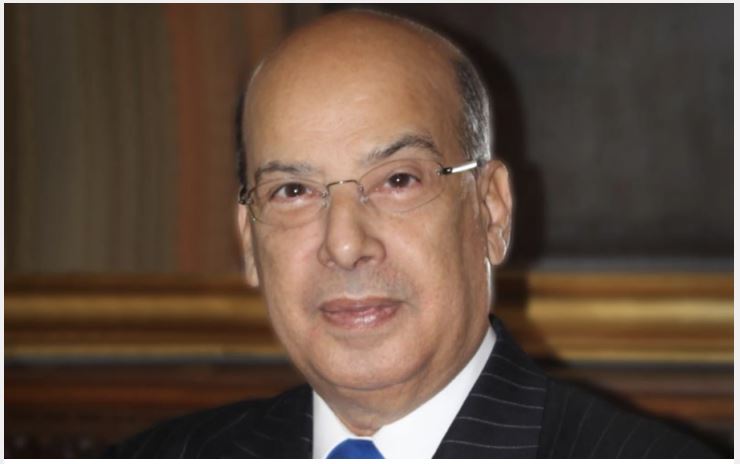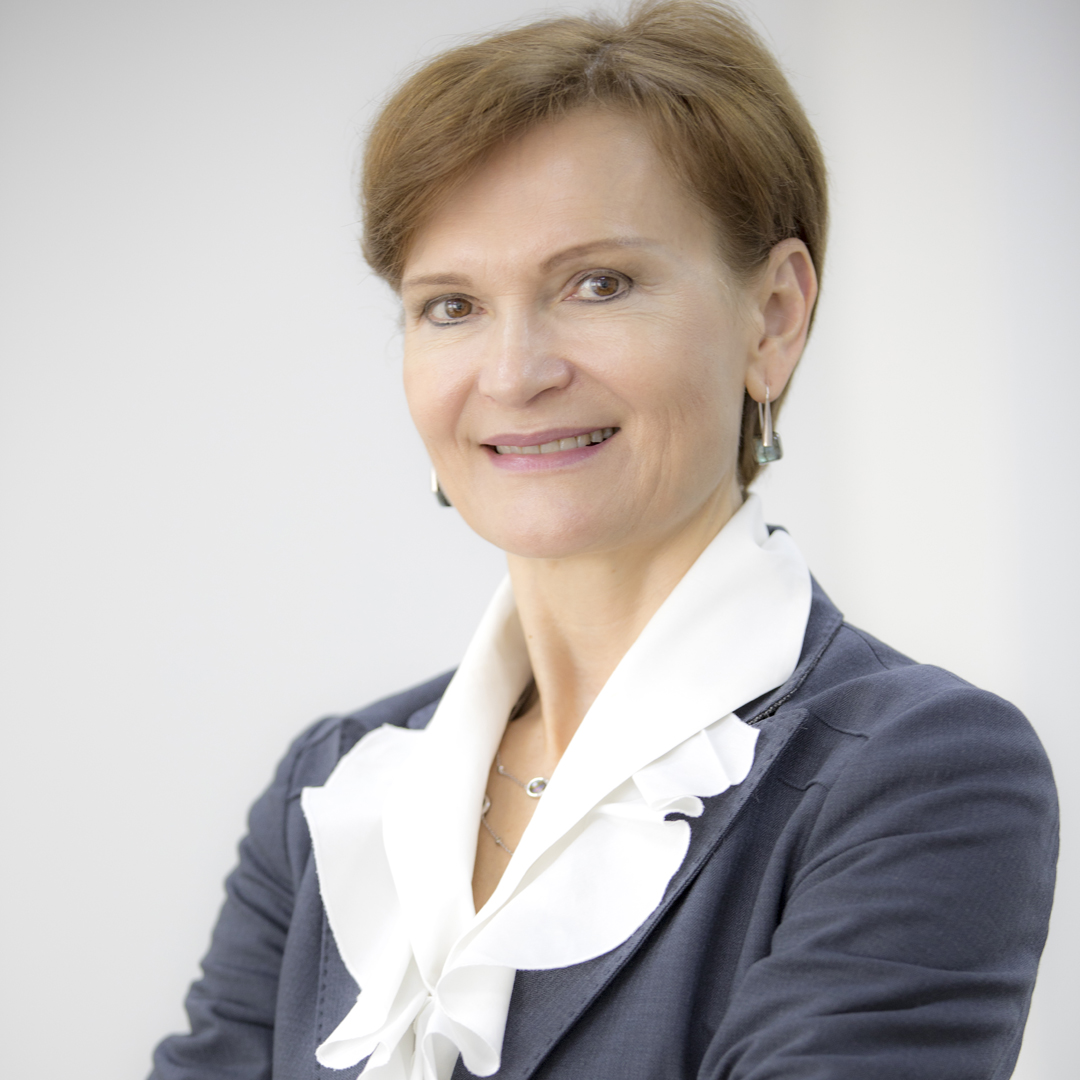By Rebecca Theodore
While one of the contemporary objectives of CARICOM’s role in the Caribbean is concentrated on enhanced co-operation of member states’ foreign economic policies, attention is now focused on CARICOM’s internal dynamics with the United Nations Development Program as the pledging conference of November 21st takes effect. The Caribbean’s marginal role in global politics now awakens the tools of traditional international relations theory and the themes of political economy and democratic consolidation. Thus, the marriage of international relations theory and foreign policy now steers a new paradigm in CARICOM’s course towards the re-development of many Caribbean states.
Granting that, the United Nations is regarded as a product of idealist political thinking, it would be equally visionary for the CARICOM of the 21st century to accept the reality of idealism in foreign policy in favor of political realism in this pledging conference. The fact is that, ‘the struggle for power’ is not the irrefutable and perpetual reality of international relations. The promotion of higher liberal ideals of peace, justice, and co-operation between the United Nations and Caribbean states must also be imminent.
In this light, CARICOM states might do well to heed the prescription of past vice president Joe Biden that “We must rekindle the fire of idealism in our society.”
This means, that, it is only idealism that will accept the possibility of creating a re-developed Caribbean free from the Machiavellian evils that disregard civil rights and human dignity in favor of deception, intimidation and coercion. It is only idealism that can petition rationality and morality and accentuate mutual interests to unite humanity in a changing Caribbean environment, replete with uncertainty and complexity.
Of course, small developing states in the Caribbean are not free of past troubles in this reconstruction process. Idealism will not stop all the major obstacles that the Caribbean faces in its quest to play a major role on the world stage. However, on the other side of the coin, eliminating hunger, inequality, tyranny, force, and suppression cannot be tackled from a realist approach, if United Nations General Assembly Resolution 69/265 between CARICOM member states and the United Nations General Assembly are to attain their objectives and continue to seek answers to global challenges.
Even as the founding fathers of CARICOM, Dr. Eric Williams, Michael Manley, Forbes Burnham and Errol Barrow spoke about the dangers of eschewing Caribbean differences with ideologies; it is simple to see how political realism can turn into ideology in this upcoming pledging conference, and especially where interstate Caribbean relations are concerned.
Arguably, critics may contend that both idealism and political realism are normative approaches in core and content. Yet, from a critical viewpoint, realism will fail to perform its proper function in the Caribbean because of its emphasis on power. By remaining wedged in a state-centric “paradigm” of neorealism, realism will contradict the aims of political progress in the Caribbean and conflict CARICOM’s defences of economic integration, foreign policy coordination, human and social development and security collaboration.
The Caribbean community (CARICOM), has been criticized ad nauseum on the development of appropriate strategies to meet foreign policy goals. It cannot be doubted that globalization and the rapid advances in technology have brought about a changing environment in the Caribbean, and a more macro picture is needed to explain foreign policy.
Hence, foreign policy should not only be centered on international activities in this pledging conference. Foreign policy should also be used as a tool to achieve domestic interest as well, for, even the school of Marxist thought, now seeks a new paradigm to explain domestic changes based on the evolution of the dominance of elitism resulting from economic and technological developments in the Caribbean.
Consequently, pursuing an idealist crusade for Caribbean states is not a Sisyphean inconsistency.
Additionally, the Caribbean’s history of colonialism, and imperialism, also contribute to another blemished paradigm that further impels critics to question whether this pledging conference is another humanitarian imperialism similar to the Haitian donor conference of 2010. Still, others are anxious to understand whether this pledging conference will help the Caribbean to create its own roadmap to economic and political independence. Nevertheless, the Caribbean remains beleaguered with high rates of poverty, and stifles the UN sustainable development goals agenda of “mobilizing efforts to end all forms of poverty, fight inequalities and tackle climate change, while ensuring that no one is left behind.”
As to whether the international community will seek an extensive cooperative foreign policy with Caribbean states, a partial partnership , or an autonomous bearing at this pledging conference remains to be seen, but, the challenging questions wavers: Will this UN CARICOM pledging conference be the dynamic breath of life that will motivate Caribbean political leaders to intensify regional integration from the ruins of the Treaty of Chaguaramas of 1973; or will CARICOM states reject the realist political school of diplomacy for a reconstruction agenda of the Caribbean by means of a democratic, pluralistic transparent government?
(Rebecca Theodore is a syndicated columnist based in New York. She writes on the platform of national security, politics and climate change. Follow her on twitter @rebethd)



